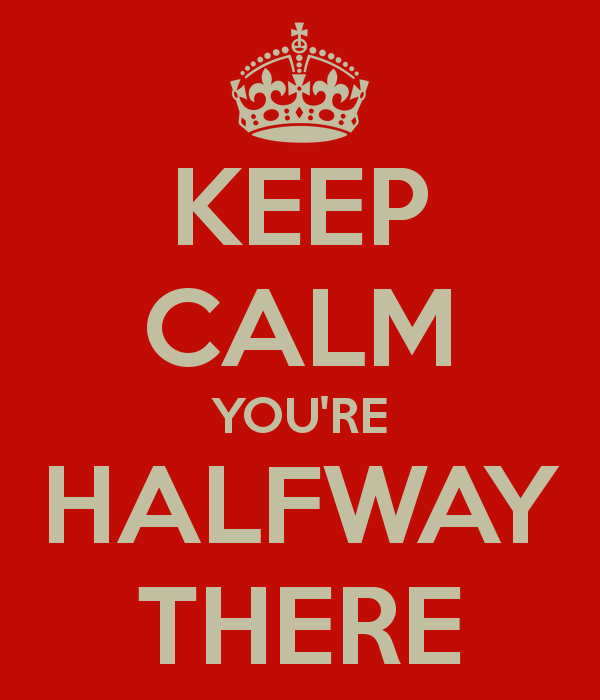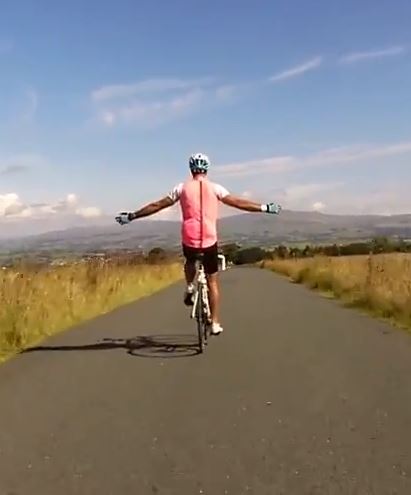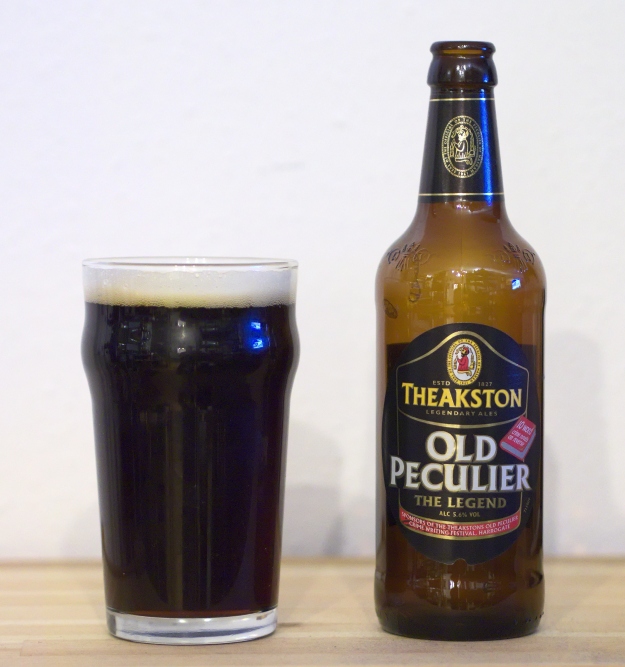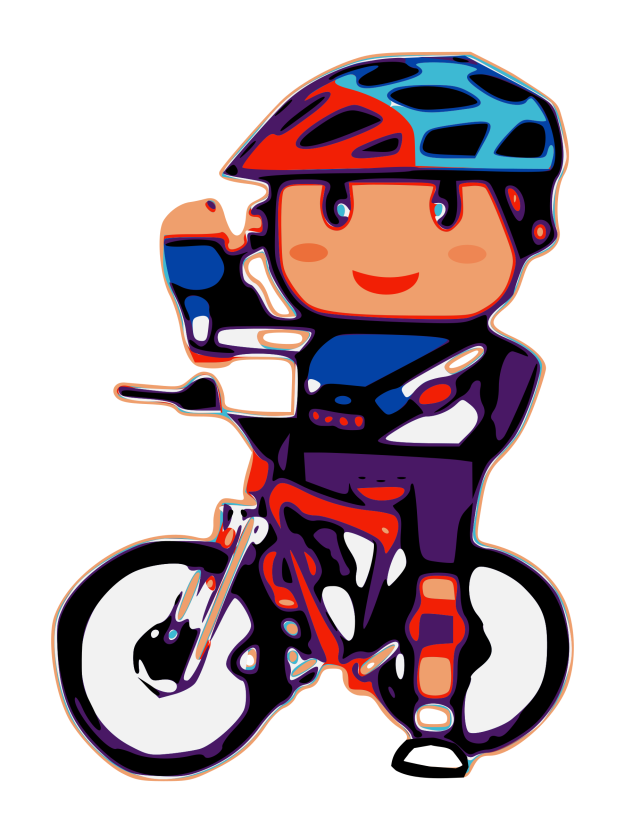Cycling under wide open skies in wild moorland had a double effect on me. Firstly, it puts me in touch with a basic sense of my smallness and vulnerability. Secondly, I found it somehow strangely reassuring, it seemed to put me in perspective. I suppose it is rather like two sides of the same coin, both are real even if they seem at first to be contradictory opposites.
I found my thoughts moving to some of my favourite stories in the Old Testament, stories which often help me to make sense of the inner life. For a long while, I have thought that many of the stories of the Old Testament show us a pattern of how humanity progresses in its march toward God. The characters in these various stories are all too human, manifesting frailties we all suffer from and yet they are pursued by God and, by His grace, enter into a deep relationship with the divine. God shows them their vulnerability and their lives are consequently given perspective.
It struck me that morning that the main problem we have is that at a conscious level most of us like rules because when we have them, even if we don’t keep them very well, or choose to rebel against them, at least we know where we are. So often this leads us to the mistaken conclusion that God is more interested in whether or not we are moral than He does about anything else. Perhaps He is actually more interested in us realising more of our true potential. If God was just interested in morality that would make life reasonably simple and almost instantly understandable. The problem is that God, both in my experience and in the way He is reflected in the Scriptures, is a whole lot trickier and more complex than that. If life were simple then it could be reduced to thinking that if I am good, good things will happen to me and I will be ok. The thing is that the characters portrayed in the Old Testament were not particularly good in the way we might want to judge goodness and some of them were down right unpleasant. None of this stopped God wanting to have a relationship with them. In fact, it could be argued that, because they were often not very good, the type of relationship they ended up having with God was a darn sight deeper than it would have been if they had all been goody two shoes. I smiled to myself as I recalled a conversation, I once had with a Mother Superior. She asked me who I though would make the best nuns. Thinking it might be a trick question I confessed that I didn’t know. With a twinkle in her eye she said, “bad girls, because they know what they are missing!” I didn’t feel it was my place to enquire if she herself fell into that category.
As I rode along, I got to thinking about the story of Joseph. He is sometimes portrayed by preachers as some kind of saint, a type of Christ before Jesus, pointing forward to the true Messiah. To my mind he was a spoilt brat who had a lofty, rather omnipotent opinion of himself, with dreams to match. Not only that, he was stupid enough to boast about his dreams to his older brothers who didn’t like him in the least, and who could blame them? In this gripping Old Testament story, we are immediately thrust into to considering the all too bloody experience of sibling rivalry in its worst manifestations. At the first opportunity the narked brothers decide to murder him but when the opportunity arises and they realise that they can make a shekel or two whilst at the same time getting shot of this highly irritating brat. So, they sell him into slavery in Egypt: “where now are your dreams daddy’s favourite?” Surely shattered for ever.
My fantasy is that, confronted by this situation, Joseph’s ego would say something along the lines of, “where the hell is God in all this?” He was after all the product of his upbringing as his father’s favoured son and as such he got treated in a special way which did him no favours. Oh, what tangled webs are woven in family dynamics, often with tragic consequences. God the Father had other plans for him, which would in fact end in his dreams and aspirations coming true, but not before the brat had been well and truly knocked out of him and he could be trusted to actually come good.
Mid-morning on the eighth day found me, as usual, pottering along well behind the others, when suddenly I caught sight of them in the far distance stopped at a T junction. The T junction was in the middle of a small village named Wray and we were around seventeen miles into the eighth day’s ride. I rolled up to the assembled group who announced rather triumphantly, “Mick, Wray marks the mid-way point of our journey!” “Wonderful”, I replied, “Always good to know that there are fewer miles ahead from now on and more miles behind us.” This was a truism which from my point of view, not theirs, applied to both our present journey and the journey of my life.




